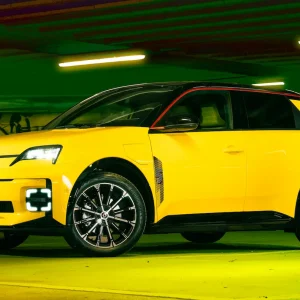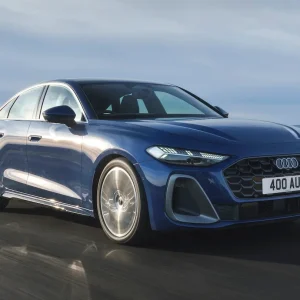The Department of Transport has just released a major report on the national road network called ‘Roads – delivering choice and reliability’. It makes interesting reading as it deals with a number of ideas, which for us in the UK, are fairly radical.
Joined-up thinking
The Department of Transport has just released a major report on the national road network called ‘Roads – delivering choice and reliability’. It makes interesting reading as it deals with a number of ideas, which for us in the UK, are fairly radical.
If you have travelled on the M42 in the past few years during any peak period you will have experienced driving on the hard shoulder. The proposal is to expand this scheme further around the Birmingham area and then look at other motorways including parts of the M25, M3, M4, M5 and M27.
Other ideas presented within the paper include high occupancy or tolled lanes and private sector partnerships and finance options. There is also a section devoted to local road charging schemes and how the DfT is working with local authorities to manage demand on designated road networks.
What’s interesting is the part the DfT thinks technology will play in any future urban congestion charging scheme.
Over the next two years there will be a significant amount of research done on technologies that would allow a ‘pay as you go’ charging scheme based on time of day and route chosen.
This work may well pave the way for any future congestion charging scheme in all likelihood using tracking technology.
What the DfT really need to do is to link their work up with that being done by the European Commission on e-call.
If tracking units are to be installed in new vehicles as standard from 2010 why spend two years investigating other options when what you need is soon to be here anyway.





